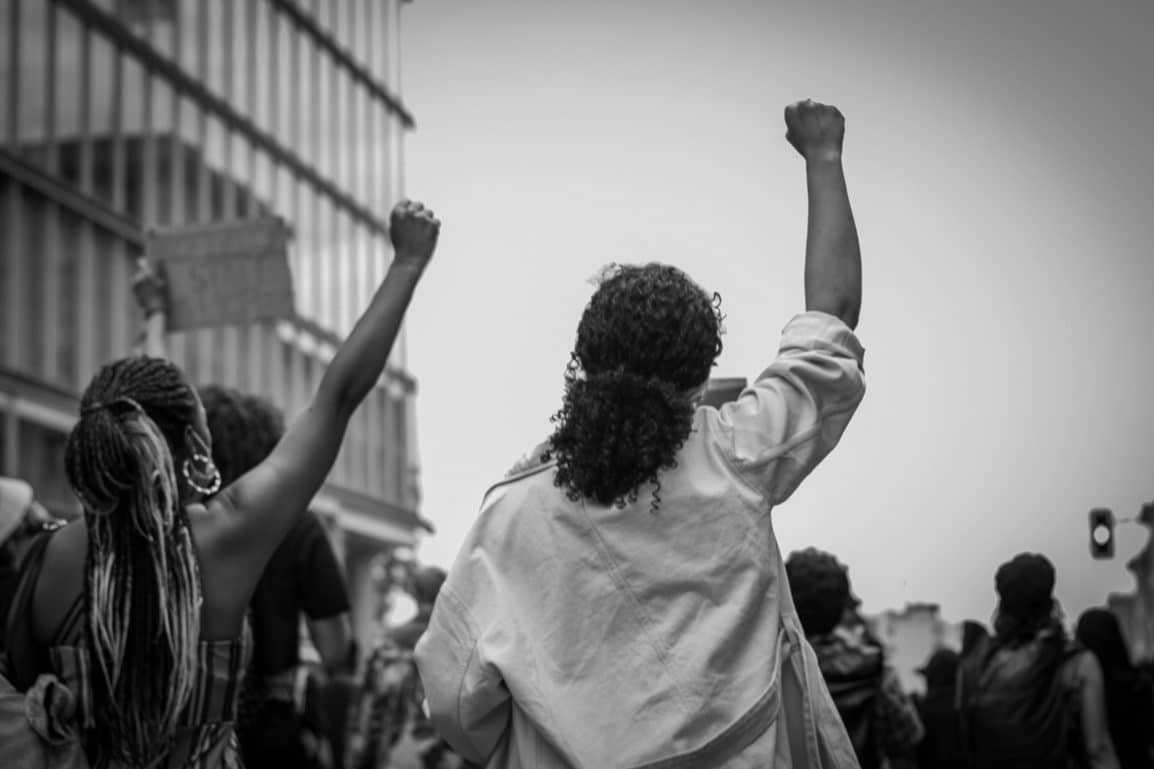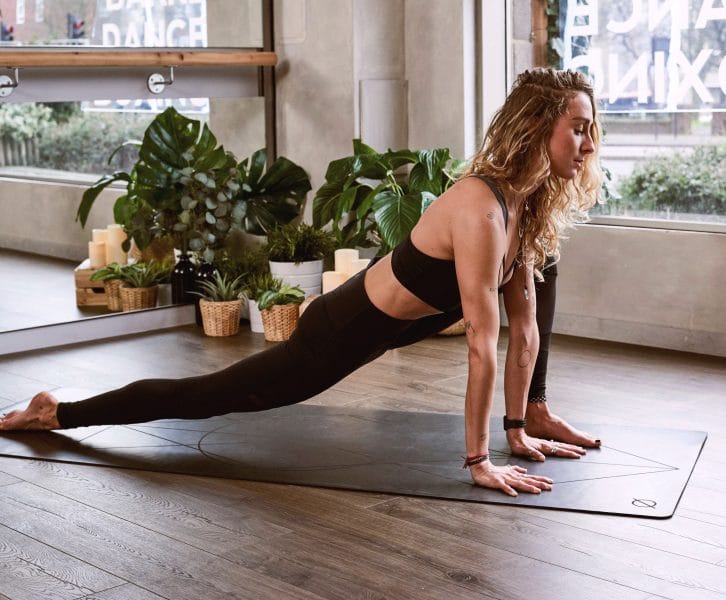Originally published in 2021
This summer, I spent my time working at the Birmingham Civil Rights Institute. During my time here, my eyes opened to a world of exposure that I had yet to see. One key aspect I remember most is how many women led the fight for civil justice. These women should absolutely be more common in the civil rights conversation. So, here are tributes to 3 women whose names and stories should be heard.
Gwendolyn Zoharah Simmons
Simmons was a fearless fighter and project director of the Mississippi Freedom Summer Project in 1964. Only one out of three women chosen to lead, Simmons took her role with great importance. She had to pave the way for herself and her community. She said, “We had to fight for the resources, you know. We had to fight to get a good car because the guys would get first dibs on everything. It was a struggle to be taken seriously by the leadership, as well as by male colleagues”. Through her role as project leader, Simmons triumphed through an additional circumstance of adversity in order to demand justice.
Claudette Colvin
Claudette Colvin was a courageous woman who, actually, gave up her seat before Rosa Parks did. As part of the NAACP, Colvin along with 4 other women, were in an effort to stand up against segregation laws and promote change. However, the NAACP chose to not show her case to challenge segregation laws during the Montgomery Bus Boycott because of her young age and because she was pregnant and not married. However, her courage to sacrifice her life and reputation for civil equality deserves to be heard and respected.
Diane Nash
Diane Nash was a women ready to persevere and make a change within the civil rights Movement by founding the Student Non-violent Coordinating Committee (SNCC). As the leader of this organization, Nash would train teenagers to endure hair pulling, coffee spilling on their heads, and physical abuse in order to prepare for the sit-ins that they would be in every day. However, Nash’s determination for civil justice did not stop there as she helped lead the freedom bus riders from Washington all the way to New-Orleans.




